Science
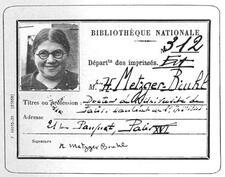
Hélène Metzger
Hélène Metzger was a French historian of chemistry and a philosopher of science, whose work remains influential today. Her independence and drive brought her great recognition, despite the lack of credibility given to her as a woman.
Katya Gibel Mevorach
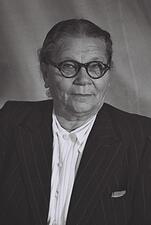
Mo'ezet Ha-Po'alot (Council of Women Workers)
The Mo’ezet Ha-Poalot was founded in 1921 as the women’s branch of the Histadrut, the General Federation of Workers in mandatory Palestine. In the name of women workers, the organization struggled for many years for equality in the eyes of the Histadrut, though it ultimately came to represent more broadly the interests of Jewish women in Palestine and Israel, including immigrants and housewives.
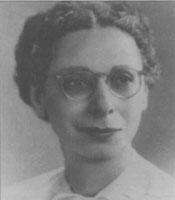
Bessie Louise Moses
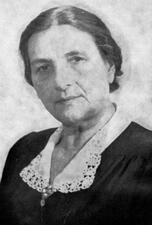
Moshavah
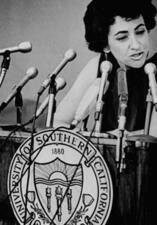
Barbara Myerhoff
An award-winning anthropologist and feminist scholar, Barbara Myerhoff emphasized the importance of storytelling and studying one’s own community. Myerhoff’s work pioneered the study of elderly Jews and highlighted the role of women in religion, which had been previously neglected by the scholarly world.
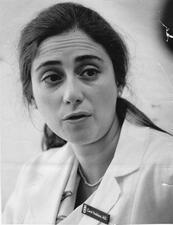
Carol Nadelson
Carol C. Nadelson is a ground-breaking female psychiatrist whose work has changed how medical practice addresses women’s medical care and encouraged women to break the glass-ceiling. She as the first woman president of the Massachusetts Psychiatric Society and the American Psychiatric Association. Under Nadelson’s editorial leadership, the American Psychiatric Press became a leader in the field of psychiatry.
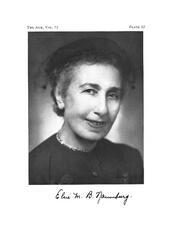
Elsie Margaret Binger Naumburg
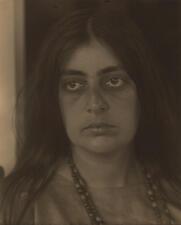
Margaret Naumburg
By founding the Walden School and creating her own system of education based on principles of psychoanalysis, Margaret Naumburg laid the groundwork for the new discipline of art therapy. Naumburg also authored many works on psychology and art therapy.
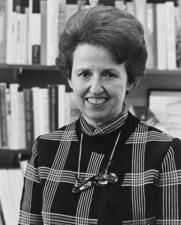
Bernice L. Neugarten
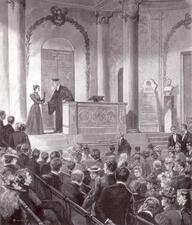
Elsa Neumann
Elsa Neumann was the first woman to receive a doctoral degree from the University of Berlin. She became prominent in Berlin’s scientific community, carrying out research for the newly established airship industry. In 1900 Neumann established a highly successful association that gave grants to female students.
Nelly Neumann
Nelly Neumann completed her doctorate in synthetic geometry in 1909 at Breslau University, making her one of the first women in Germany to obtain such a degree. In her lifetime she provided career guidance to female university students and worked as a secondary school teacher, tackling the intersection of philosophy and mathematics.
Jewish Women in New Zealand
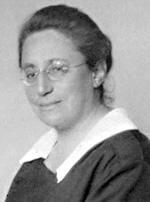
Emmy Noether
Emmy Noether, a German mathematician, was the world leader in the twentieth-century development of modern “abstract” algebra. Her writing, the students she inspired, and those students’ books wholly changed the form and content of higher algebra throughout the world. She influenced a generation of mathematicians, several of whom borrowed heavily from her work to write the major textbooks of the field.
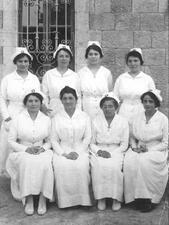
Nursing as a Female Profession in Palestine (1918-1948)
Nursing was a well-respected profession for Jewish women in Palestine, until doctors and nurses clashed about the proper level of education for nurses in the 1930s. Despite the challenges women faced in the medical field, they contributed greatly during times of war and violence before the founding of Israel.
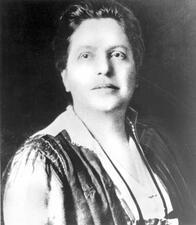
Nursing in the United States
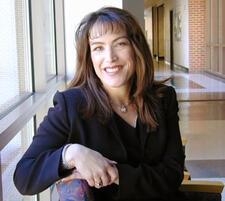
Marla Oros
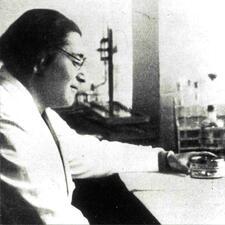
Berta Ottenstein
A pioneer in skin biochemistry and dermatology, Berta Ottenstein became the first woman lecturer in the Medical Faculty at the University of Freiburg in 1931. Two years later she was forced to flee Germany and begin her scientific career anew. After occupying research positions at the universities of Budapest and Istanbul, she received a research fellowship at Harvard University in 1945.
Lydia Pasternak
Born in Moscow into a family of highly successful artists, Lydia Pasternak made a name for herself in both scientific and literary realms. She worked as an assistant to American neurochemist Irvine H. Page in Munich and later became the preeminent translator of her brother Boris’s poetry while living in Great Britain.
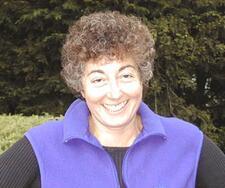
Marilyn Paul
Jessica Blanche Peixotto

Phoebe Yates Levy Pember
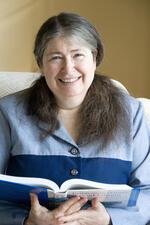
Radia Perlman
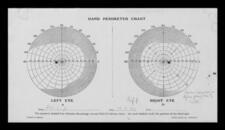
Ursula Philip
Ursula Philip was a German geneticist whose work was interrupted by the Nazis’ rise to power but achieved prominence after fleeing to Great Britain.



